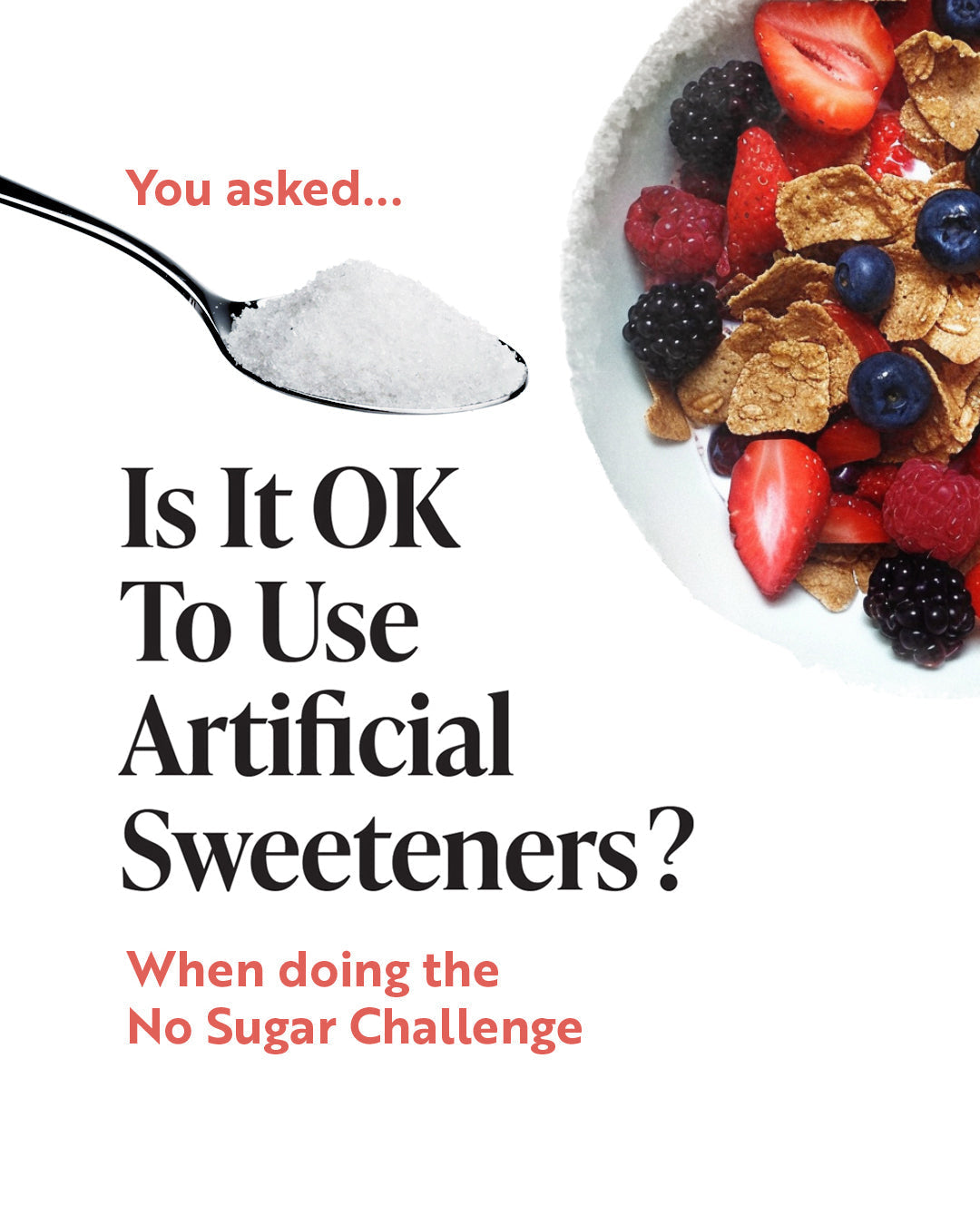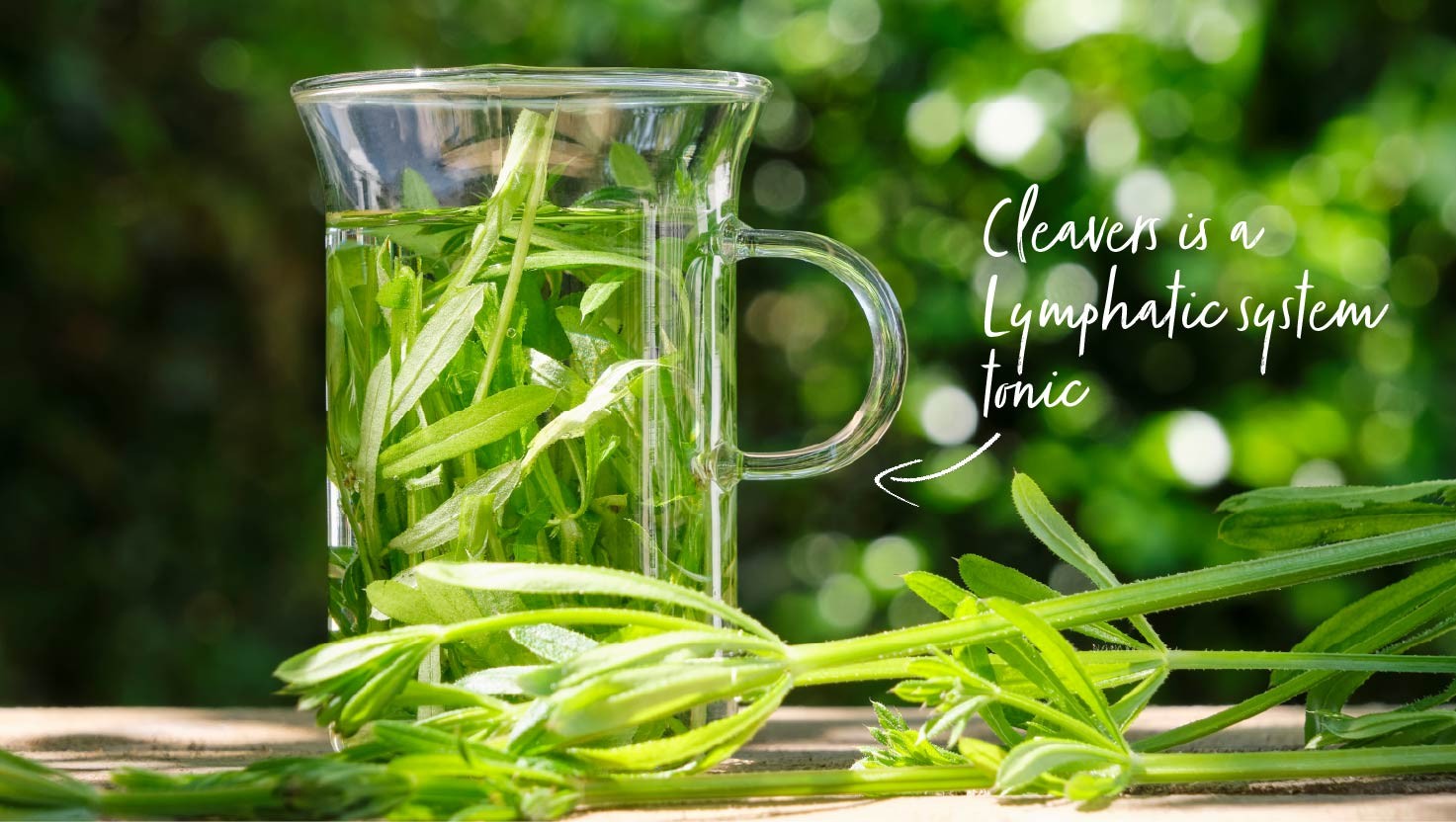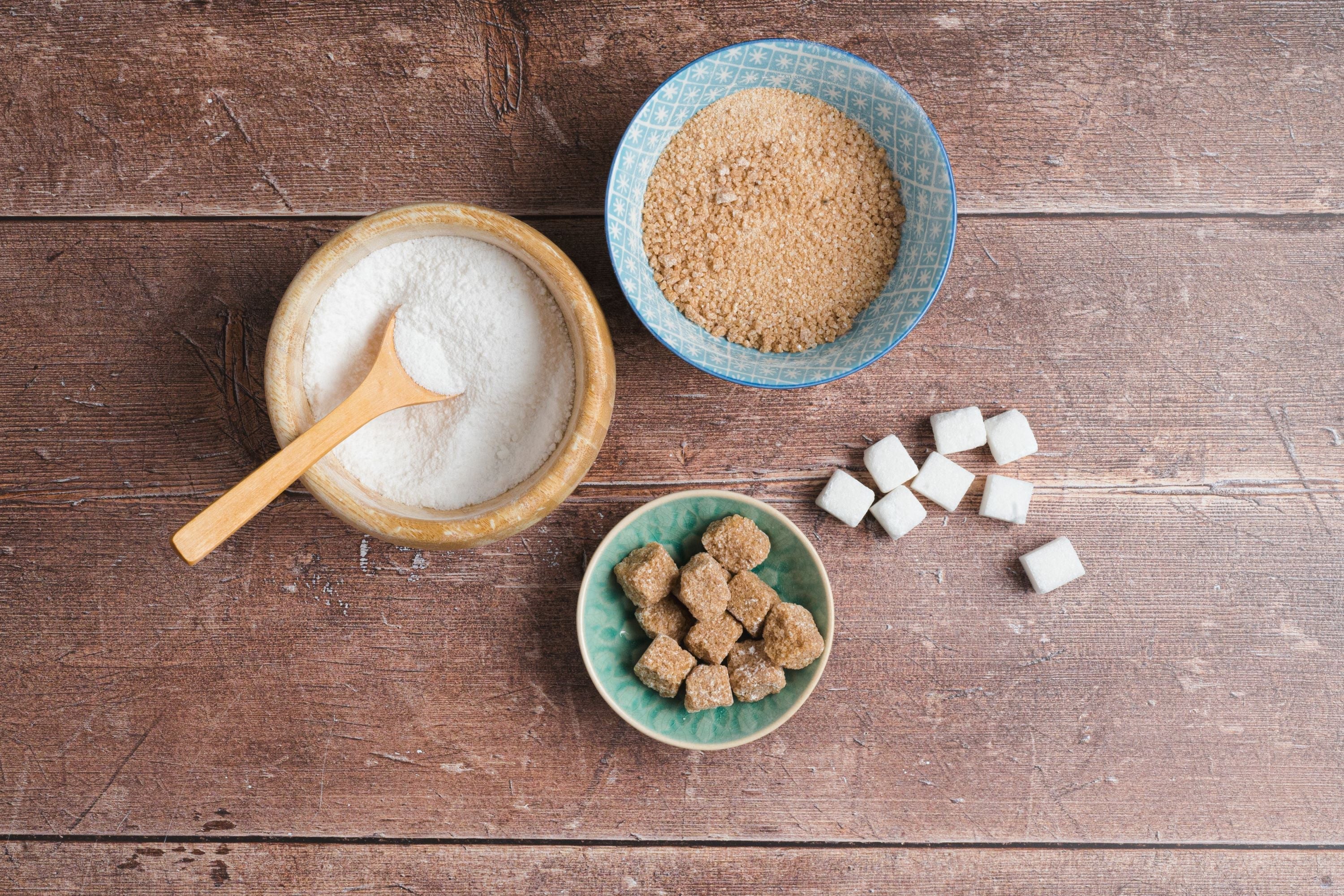
Cinnamon has been widely studied for improving blood sugar control and helping with diabetes management but another botanical, berberine could be effective in assisting with blood glucose management. This article explores scientific evidence of both ingredients.
We are hearing a lot about berberine and how it is a useful tool for supporting diabetes and blood sugar control but what does the research say? writes Nutrition advisor Will Jordan at Viridian. Let’s start at the beginning:
Type 2 Diabetes Mellitus (T2DM) is a common metabolic condition characterised by chronic elevated blood sugar. It is associated with increased risk of heart disease, stroke, peripheral neuropathy, renal disease and blindness. (1) Globally, approximately 1 in every 11 adults have diabetes, with 90% being type 2 diabetes. (2) The primary approach to controlling diabetes involves diet and lifestyle modification and pharmacologic interventions, however, research on food supplements is emerging for supporting blood glucose control and associated symptoms of T2DM. (3)
The research into cinnamon for blood sugar control management
One of the most common and well researched botanicals for supporting blood glucose is True Cinnamon. Also known as Ceylon Cinnamon, or Cinnamomum verum or zeylanicum the spice has been used traditionally to support diabetes. (4) Cinnamon has gathered a lot of attention from the scientific community, and the media alike. A meta-analysis published in 2024 included 16 randomised controlled trials with a pooled participant group of 1,020 participants. The duration of the studies lasted from 40 days to 4-month long interventions. The results found that cinnamon was able to improve glucose metabolism, and regulation.(5) There are thought to be multiple underlying mechanisms for these effects such as influencing enzymes that increase blood sugar including α-glucosidase and α-amylase and making insulin receptors more sensitive. (6)
Berberine - The evidence for improving blood glucose control
There has recently been a lot of interest in using berberine to help support blood glucose levels. Berberine is a plant alkaloid or a plant compound with a rich history of use in both Ayurvedic and Traditional Chinese Medicine. There are several plants with high amounts of berberine, one of which is Oregon Grape (Berberis aquifolium).(7)
A randomised, double-blind, placebo-controlled pilot trial found early promising results with supporting glycaemic control, with significant improvements compared to the placebo group. (8) The results found that the intervention in individuals with prediabetes significantly improved fasting plasma glucose, and the researchers suggest that with more research into berberine, this ingredient may prove the effectiveness of slowing the progression of T2DM.
However, at the time of writing berberine, as a standalone and standardised extract, is currently under review by the European Food Standards Authority. There was a call for data which closed in early 2024 to draw a scientific opinion on the supplement by assessing the current safety data and effectiveness. (9) While the review is not complete, the early stages of the investigation are underway at the time of writing. (10) Products in the form of food supplements and topicals that contain berberine naturally, such as Oregon Grape Root, Berberis aquifolium, are currently permitted but some sources such as goldenseal, Hydrastis candensis, are classified as vulnerable and therefore protected.
Moringa
The evidence for improving blood glucose control
Moringa, Moringa oleifera, retains a high vitamin and mineral content when dried and has been used in cooking to combat malnutrition. (11) There has been a lot of conversation about moringa’s potential affect on blood glucose support.
While moringa doesn’t have the same type of safety concerns from EFSA as berberine when sold as a food supplement, there is little compelling evidence for its use to support blood glucose regulation. While there are some studies that suggest that moringa may theoretically be another botanical that could support diabetes (12), these have only been found in animal studies and have not been replicated in humans.
A meta-analysis reported that of the 7 included, 2 studies found no significant effects on blood sugar regulation in diabetic patients, another study found no benefits to healthy participants. While the other 4 studies did see benefits, the methodology was weak and quasi-experimental. (13)
As the research is conflicting, and limited, further, high quality studies are needed on moringa’s affect on blood glucose control to provide compelling strong evidence as there is no direct way to conclude evidence from animals into humans due to its complex nature. (14)
Conclusion
So, we come back to our initial question. Cinnamon, berberine, or moringa – which is more effective? There is no doubt that research for blood glucose control will continue for both berberine and moringa but the scientific evidence into cinnamon currently outweighs both when it comes to supporting blood glucose regulation, especially as the safety and efficacy data is more compelling and established to that of berberine. This makes cinnamon an excellent choice as part of a protocol to help maintain healthy blood sugar levels alongside other researched nutrients such as curcumin, chromium, and magnesium.
Author: Will Jordan, BSc (Hons) MSc, is a Nutrition Advisor at Viridian Nutrition. He holds a Master’s degree in Sports and Exercise Nutrition, BSc in Food and Nutrition.
Will has worked on the NHS Diabetes Prevention Programme as a health coach, giving personalised advice, empowering people to make effective long-terms changes to halt or reverse the progression of pre-diabetes, preventing the development of type 2 diabetes.
References
(1) Hurtado MD, & Vella A. What is type 2 diabetes. Medicine. 2019; 47 (1) 10-15
(2) Zheng Y, Ley SH, & Hu FB. Global aetiology and epidemiology of type 2 diabetes mellitus and its complications. Nature Reviews Endocrinology. 2018; 14, 88-98
(3) Yilmaz Y, Piracha F, Anderson L, & Mazzola N. Supplements for Diabetes Mellitus: A Review of the Literature. Journal of Pharmacy Practice. 2016; 30 (6) 631-638
(4) Wijenayaka GMUD, Bulugahapitiya VP, & Jayasinghe S. Cinnamon, a Promising Herbal Plant for Combatting Diabetes, and Its Anti-Diabetes Mechanisms. Ceylon Journal of Science. 2022; 51 (4) 335-346
(5) Muheyuddeen G, Ahmad T, Tanweer S, Chaurasia V, & Idrish Ansari M. A Meta-Analysis and Comprehensive Evaluation of the Impact of Supplementing with Cinnamon Bark on Glycolipid Metabolism in Type 2 Diabetic Mellitus: A Review. Journal of Chemical Health Risks. 2024; 14 (2) 2018-2034
(6) Wijenayaka GMUD, Bulugahapitiya VP, & Jayasinghe S. Cinnamon, a Promising Herbal Plant for Combatting Diabetes and Its Anti Diabetes Mechanisms. Ceylon Journal of Science. 2022; 51 (4) 335-346
(7) Srivastava A, Sinha A, Lall R, Gupta RC. Berberine. Nutraceuticals in Veterinary Medicine. 2019; 71-81
(8) Panigrahi A, & Mohanty S. Efficacy and safety of HIMABERB® Berberine on glycemic control in patients with prediabetes: double-blind, placebo-controlled, and randomized pilot trial. BMC Endocrine Disorders. 2023; 23, 190.
(9) EFSA. Call for data for the Scientific Opinion on the evaluation of the safety in use of plant preparations containing berberine. EFSA.: [https://www.efsa.europa.eu/en/call/call-data-scientific-opinion-evaluation-safety-use-plant-preparations-containing-berberine] [24/03/2025]
(10) EFSA. Protocol for the Scientific Opinion on the evaluation of the safety in use of plant preparations containing berberine. EFSA Supporting Publications. 2023; 20 (9)
(11) Nambiar VS, Bhadalkar K, & Daxini M. Drumstick leaves as source of vitamin A in ICDS-SPF. Indian Journal of Paediatrics. 2003, 70 (5) 383-387
(12) Patil SV, Mohite BV, Marthe KR, Salunkhe NS, Marthe V, & Patil VS. Moringa Tree, Gift of Nature: a Review on Nutritional and Industrial Potential. Current Pharmacology Reports. 2022; 8, 262-280
(13) Owens III FS, Dada O, Cyrus JW, Adedoyin OO, & Adunlin G. The effects of Moringa oleifera on blood glucose levels: A scoping review of the literature. Complementary Therapies in Medicine. 2020; 50
(14) Krawczyk M, Burzynska-Pedziqiatr I, Wozniak LA, & Bukowiecka-Matusiak M. Evidence from a Systematic Review and Meta-Analysis Pointing to the Antidiabetic Effect of Polyphenol-Rich Plant Extracts from Gymnema montanum, Momordica charantia and Moring oleifera. Current Issues in Molecular Biology. 2022; 44 (2) 699-717
The information contained in this article is not intended to treat, diagnose or replace the advice of a health practitioner. Please consult a qualified health practitioner if you have a pre-existing health condition or are currently taking medication. Food supplements should not be used as a substitute for a varied and balanced diet.







